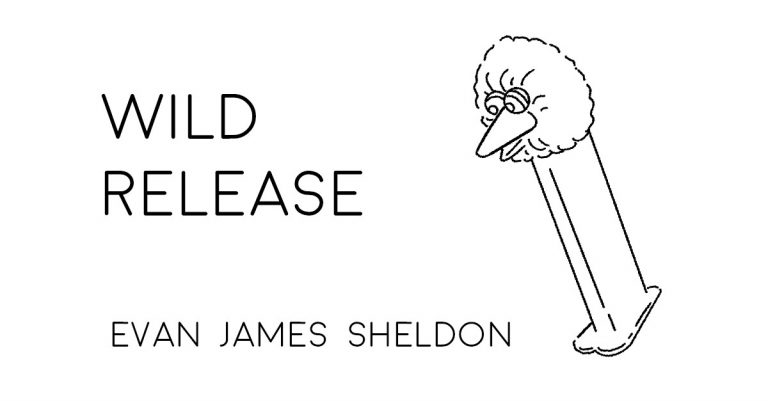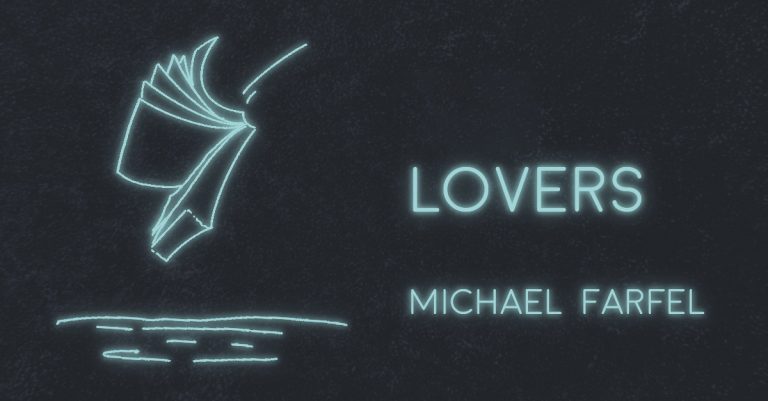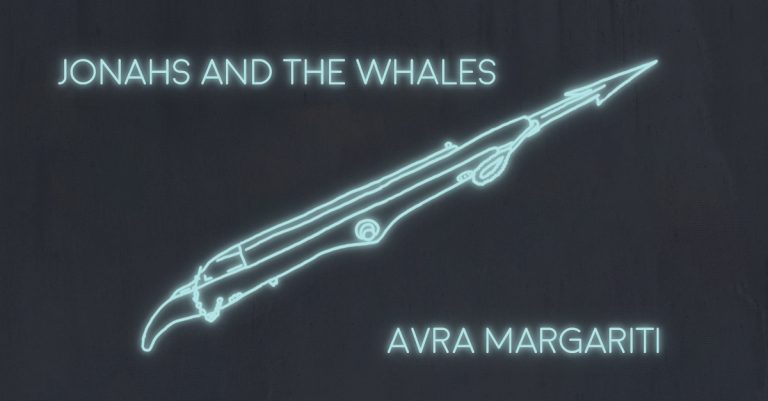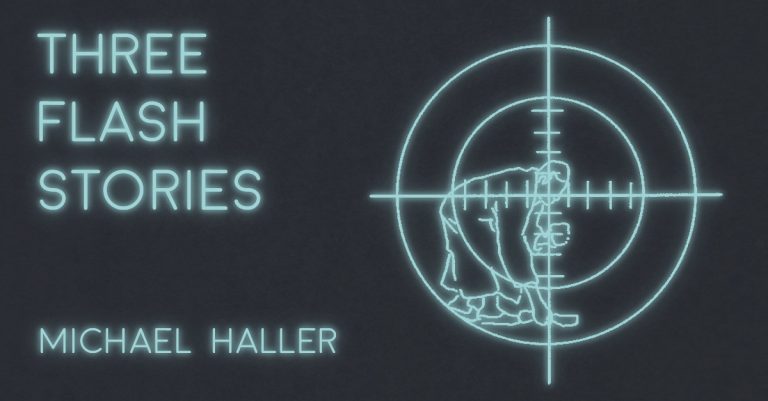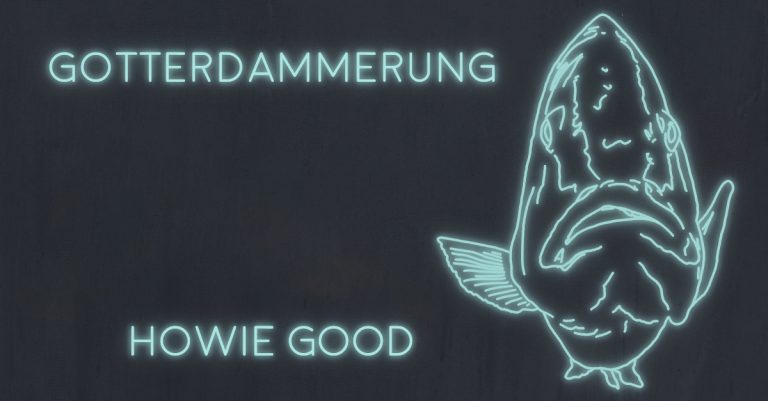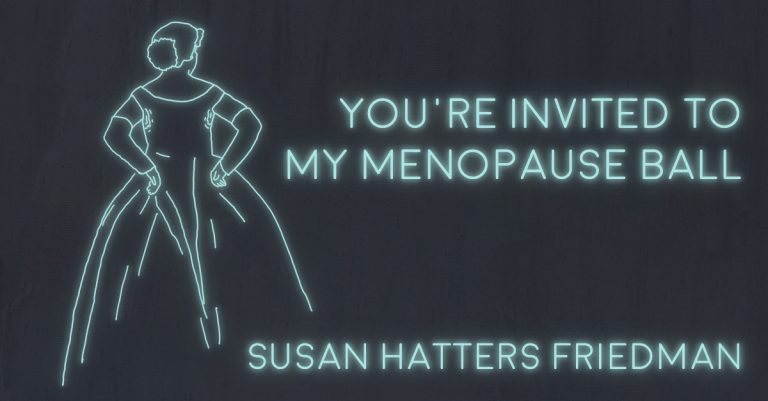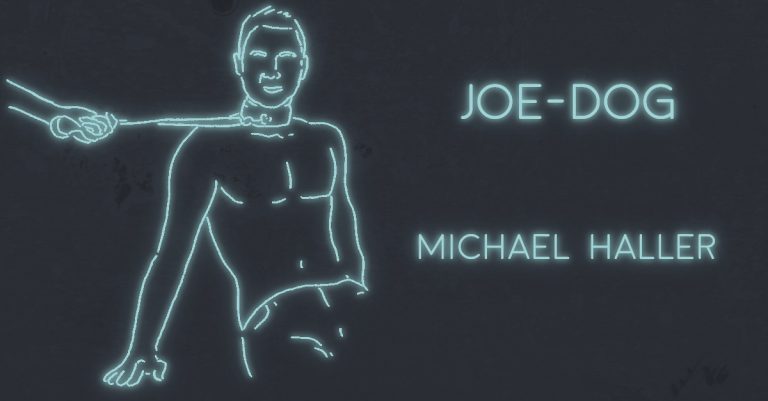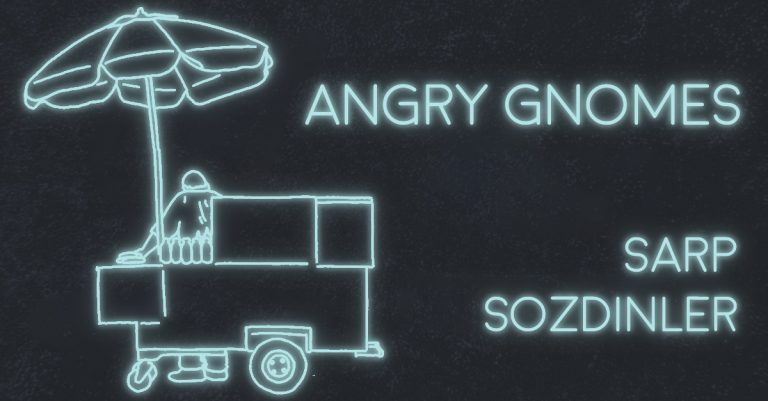
ANGRY GNOMES by Sarp Sozdinler
“What can you do?” The hot dog vendor sighs from behind the mist of steam. He fishes for a stick of sausage and then plops it on the sliced bread. “New York is a falling city.” Never before has June given the street talk any credit, that New York is this kind of place or that. The signs have been following her since she moved downtown over a year ago, but she often chooses to look the other way. Avoid it or not, those cream and mustard stains in the vicinity of hot dog carts and ice cream trucks aren’t

